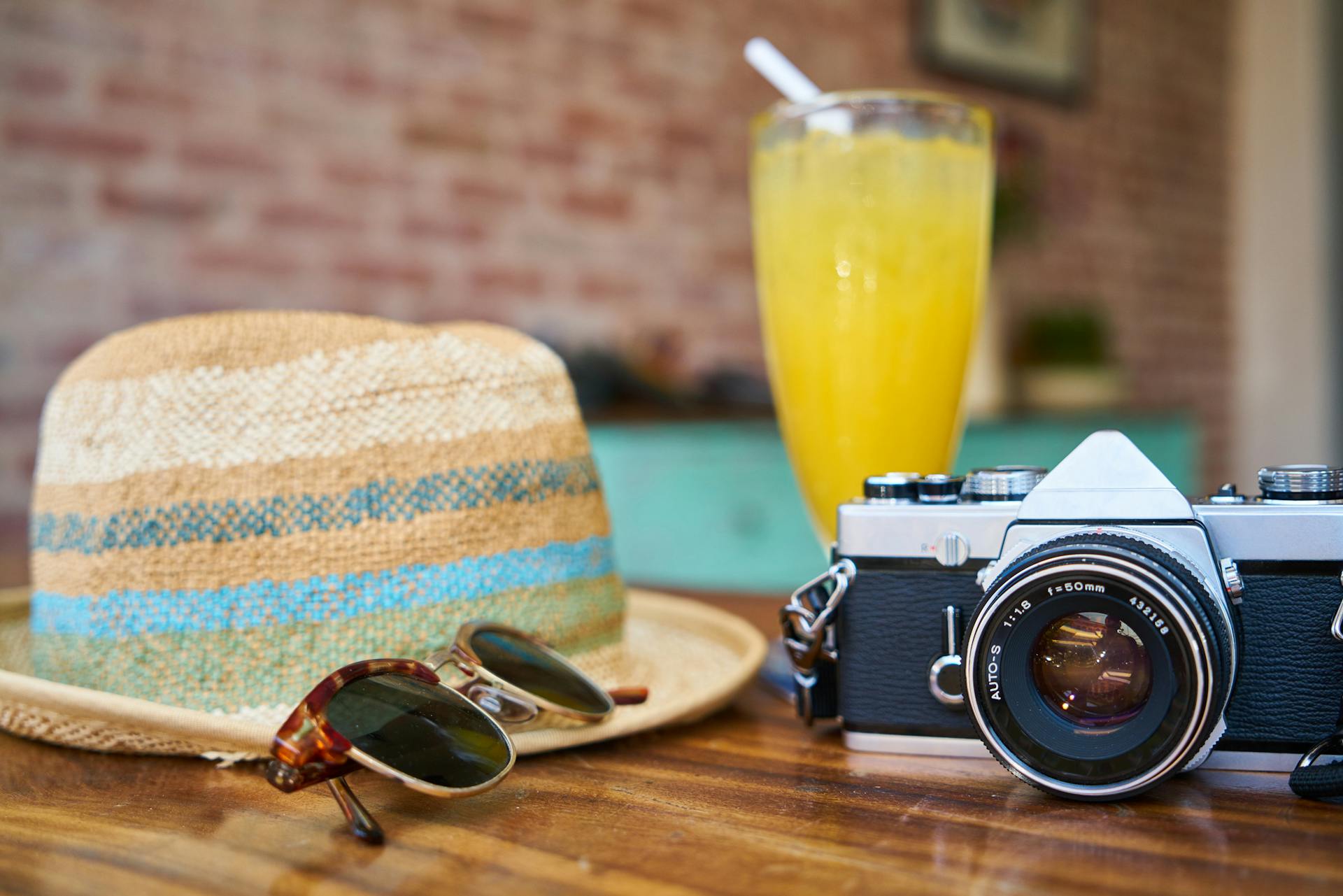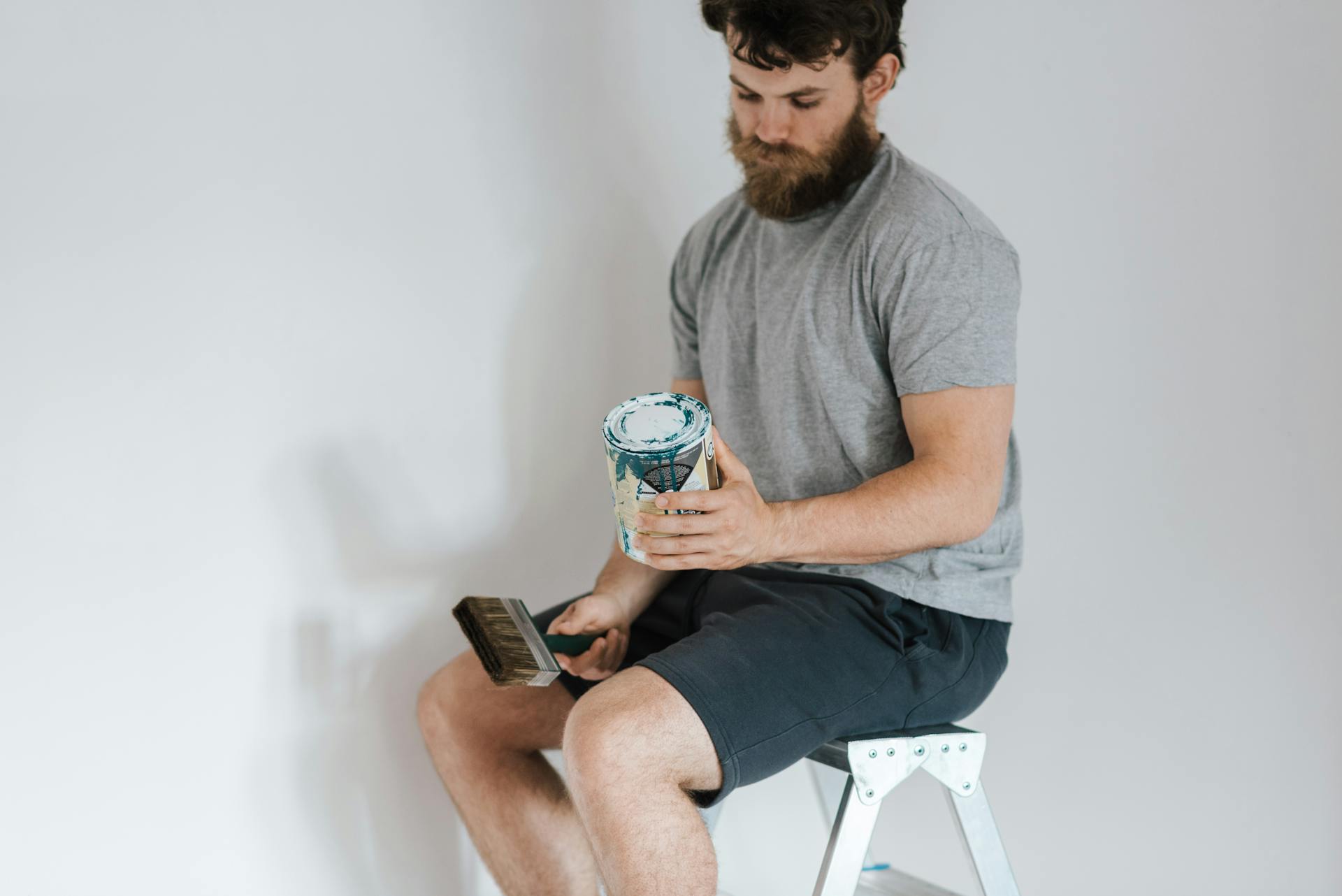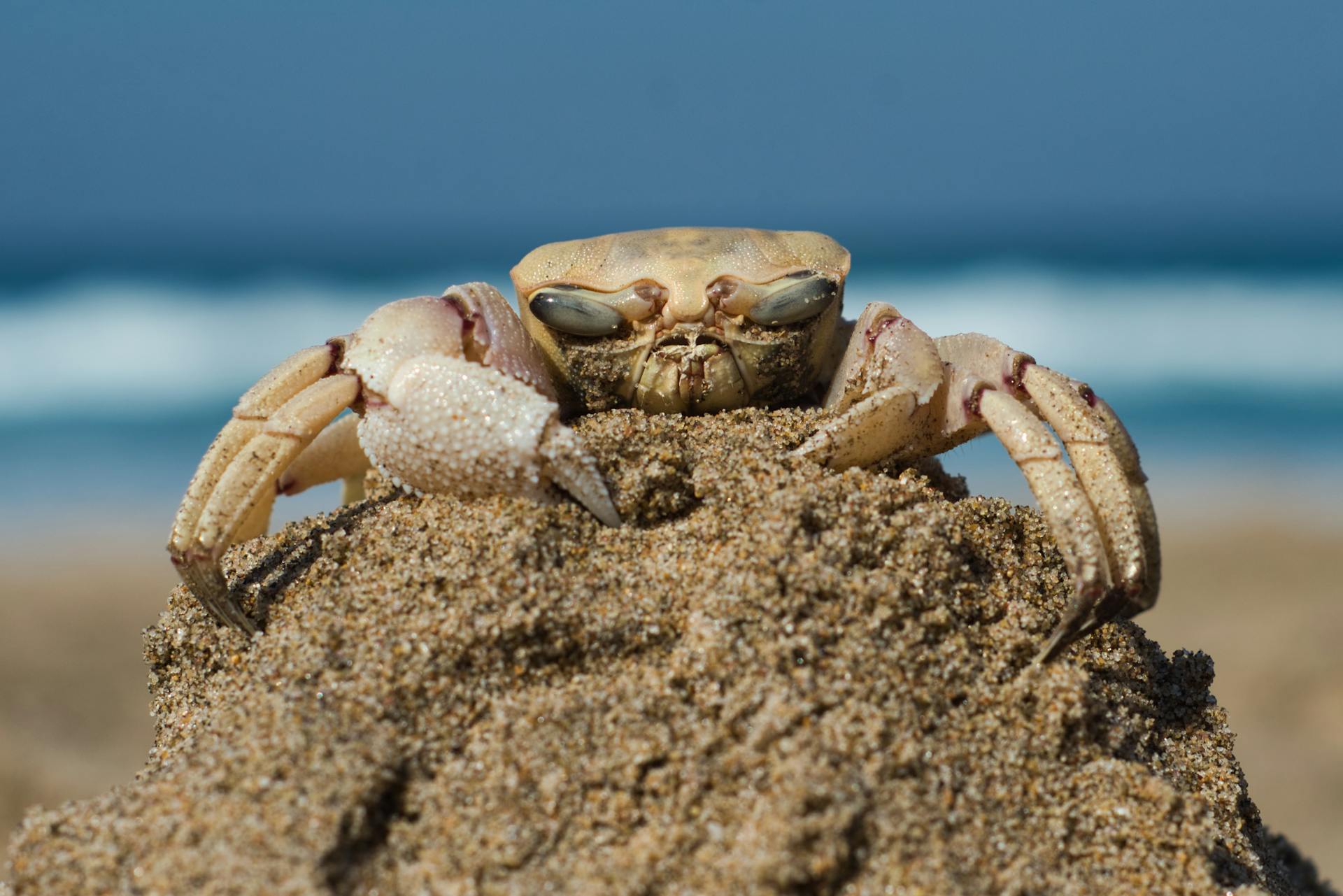
Mosquitoes have been a menace for humanity for centuries, and more recently have been linked to serious health concerns such as dengue fever, West Nile virus and malaria. One of the most common questions people ask is whether or not mosquitos can bite through clothes. The answer is yes: Mosquitoes can indeed bite through your clothing.
Like most other insects that feed on blood, mosquitoes possess specialized mouthparts designed to penetrate skin. These components, called stylatae, contain a series of sharp points which can puncture through fabric in order to reach their target quicker and with more efficiency. It’s also worth noting that not all fabrics are created equal when it comes to mosquito penetration - thin materials such as cotton will make it easier for these bugs to bite through than thicker material such as woolen or even leather.
However, while they may be able to penetrate clothing effectively enough to access their prey, there are several strategies you can take to help protect yourself against them – particularly if you know you’ll be visiting an area rife with mosquitoes. For example, wearing long-sleeved shirts and trousers is a great start as they form an effective barrier between the insect’s piercing mouthparts and your skin; try opting for heavier fabrics like denim wherever possible too so it gives the pests fewer points of entry into your garments. Additionally, wearing tighter enclosed footwear (like sneakers) instead of open-toed sandals will help keep off those wayward critters from reaching your feet too!
In conclusion: Yes, mosquitoes can bite through clothes – but by wearing longer clothing and structurally strong materials like denim or leather wherever possible you can help minimize your risk of being bitten by one!
You might like: Bed Bug Bite
How thick of clothes can mosquitos bite through?
Mosquitos may be tiny but they can pack a punch. Most of us have experienced the annoyance of a mosquito bite, leaving behind an itchy welt and festering discomfort. But just how thick of clothing can our winged Springtime nuisance penetrate?
Surprisingly, mosquitos are able to make their way through fairly thin material—even a single layer of fabrics like cotton or silk is usually enough to entice them and allow them access to our skin. Thin material such as sheer fabric scrims or lace won’t stop them either. On the plus side, these tiny insects are not capable of burrowing through thick, layered fabrics—so you may want to think twice before investing in those mosquito-proof bodysuits! Thick denim jeans and jackets with multiple layers will definitely help keep away the bites, but if you prefer wearing lighter clothing such as t-shirts or shorts it's important to keep your arms and legs covered whenever possible.
As far as accessories go, wide-brimmed hats along with long socks and gloves can be effective in decreasing the number of mosquitos feasting on your skin. Additionally, consider spraying your clothes with an insect repellent for an extra layer of protection from bites. While many of us might find these precautions excessive for avoiding just one type of bug bite (let’s face it - mosquitoes don’t carry illnesses you can’t get any other way!), they are necessary if you plan on spending time outdoors this summer without a constant itch!
For another approach, see: Can T Tie the Knot without You?
Does wearing thicker clothing protect you from mosquito bites?
Research indicates that wearing thicker clothing does help protect one from mosquito bites. The mosquitoes have a hard time piercing through the fabric of thicker clothing, making it more difficult for them to reach your skin and bite you. Researchers say that cotton and linen are the best materials to wear when trying to defend against these pesky bugs, as they are both thicker than most materials. The tighter the weave, the better protection it offers. To give an example, pants with a tighter weave will offer more protection than shorts with a looser weave.
Additionally, avoiding loose-fitting clothes can further protect you from mosquito bites. When clothes fit too loosely on your body, they can be easily penetrated by mosquitos and other small insects that want to get close to your skin. To combat this, opt for fitted and snug garments that won’t leave gaps for critters to sneak into. If possible, tucking in loose ends of shirts or pants can provide an extra layer of protection against mosquitos seeking their next meal.
Wearing darker colors is also highly recommended when trying to ward off annoying bug bites. Dark colored clothing tends to absorb more of the body’s heat compared to lighter colored garments, making it less attractive for mosquitos since heat is a sign of a potential host for them. Therefore, if you’re looking for added protection from mosquitoes when enjoying the outdoors during dusk or dawn hours, donning a dark clothing ensemble could greatly reduce your chances of getting biten!
Related reading: Buy Attyre Pants
Are there types of clothing mosquitoes are more likely to bite through?
When the hot summer months roll around, the one thing that quickly becomes a nuisance for people living in hot and humid regions are mosquitoes. Not only can their bites be itchy and irritating, but they can also carry diseases like malaria and Zika virus. As such, many people strive to take preventative measures from mosquitoes biting them. One of those measures is wearing clothes that are more resistant to blocking mosquito bites.
In general, most fabric materials act as deterrents to mosquito bites, although some clothes types will be more resistant than others. Synthetic fabrics such as nylon, polyester, and spandex provide better protection against mosquitoes than natural materials such as cotton or linen. It is best to avoid wearing thin clothing such as tank tops or shorts as these provide less of a barrier between skin and a mosquito's mouthparts. Layers of clothing such as long sleeved shirts and long pants are most effective in warding off biting insects. It also helps if the layer closest to skin has tighter weaves so that holes do not give the mosquitoes an easier entry point.
In terms of colors, bright colors like yellow or orange are believed to attract mosquitoes whereas darker colors like greens, blues, browns and blacks have been proven effective at keeping them away. Lightweight fabrics should be avoided during the hot summer months in order to give one an added layer of protection against these relentless insects. Finally, it’s important for people to be mindful when outdoors by using insect repellents and wearing clothes that keep mosquitoes at bay - because prevention is better than cure!
Suggestion: Where Can I Watch the Hate You Give for Free?
Do clothing fabrics make a difference to mosquito bites?
Mosquito bites are an unfortunate reality, but if you choose the right clothing fabrics, you just might be able to keep yourself secure. For some people, the itching that comes with a mosquito bite can be unbearable– but it doesn’t have to be this way. Mosquitoes love thin, light clothing made from textiles including nylon, rayon and cotton. These materials are lightweight and don’t hold up well when outdoors against the heat and humidity– making them ideal for these pesky creatures to make their way through.
But, there are also certain fabrics that can help protect you from these annoying bites. Wearing thicker garments made from polyester and terry cloth is a great way to deter mosquitoes from biting you because these heavier materials trap moisture and offer better coverage for skin. Similarly, fabrics coated with certain types of repellent or microfibers woven in have been found to provide added defense against mosquitos when worn in clothing form. Additionally, light-colored clothing can also be beneficial as they don’t attract as many of the flying pests compared to darker shades.
By taking into account fabric types, you can stay protected against mosquito bites without always having to worry about applying bug spray or lotions on yourself or loved ones constantly. Thank goodness!
A fresh viewpoint: Huk Clothing Made
Are mosquitoes deterred by repellent-treated clothing?
Mosquito repellent-treated clothing can be an excellent tool for controlling the pesky pest, but just how effective is it? To answer this question, let's take a closer look at how this technology works.
At the most basic level, mosquito repellent-treated clothing features fabric that has been infused with chemical insecticides. These fabric treatments are designed to last after multiple machine washes and through different weather conditions. The idea being that by regularly wearing treated clothing, you'll benefit from protection from mosquitoes over long periods of time.
Studies have also shown that repellent-treated clothing can play a role in lower mosquito biting rates for humans that may be exposed to the insects for an extended period of time. In these studies, both adults and children demonstrated improved protection when wearing treated apparel vs non treated fabrics. It is likely due to the persistent contact with chemical insecticides found in such garments providing continuous protection from the pests.
All in all, depending on your environment and with regular use, you can benefit from enhanced levels of protection when sporting repellent-treated clothing as it may deter mosquitoes and reduce bite rates. Ultimately, this technology may offer some relief when encountering mosquitoes during outdoor activities or in areas where traditional methodologies such as using bug spray are not practical.
Is there a particular time of day when mosquito bites are more likely through clothing?
Are you constantly being bothered by pesky mosquito bites, even if you’re fully clothed? It’s likely that the little bloodsuckers are exploiting a particular time of day to burrow through your clothing.
While it’s true that there is scientific evidence showing mosquitoes behave differently at various times during the day, not all species exhibit this behavior. However, of the species that do, they are typically most active during morning and evening twilight periods as well as during dawn and dusk. This is mainly because cooler temperatures and lower amounts of sunlight can allow them to more easily detect their prey - which could be you! During these times, mosquitoes may try to fly under clothes or use other methods to get close enough for a bite.
In addition to keep yourself covered with clothing at those times, there are other tips for avoiding mosquito bites when outdoors that may help reduce your chances of becoming a snack. Mosquitoes seem to be attracted to dark colors, sweat and perfumes so choose lighter-colored Fabrics if possible and try using insect repellents or citronella candles while outside. Long sleeves also help provide an extra layer of protection against any intrusion attempts.
Therefore, while some mosquitoes may be active at any given time during the day or night it's important to be aware of morning/evening twilight periods as well as dawn or dusk when they may be more likely to travel through clothing in search of food - and that food could be you!
A different take: What to Do with Clothes during Fumigation?
Featured Images: pexels.com


